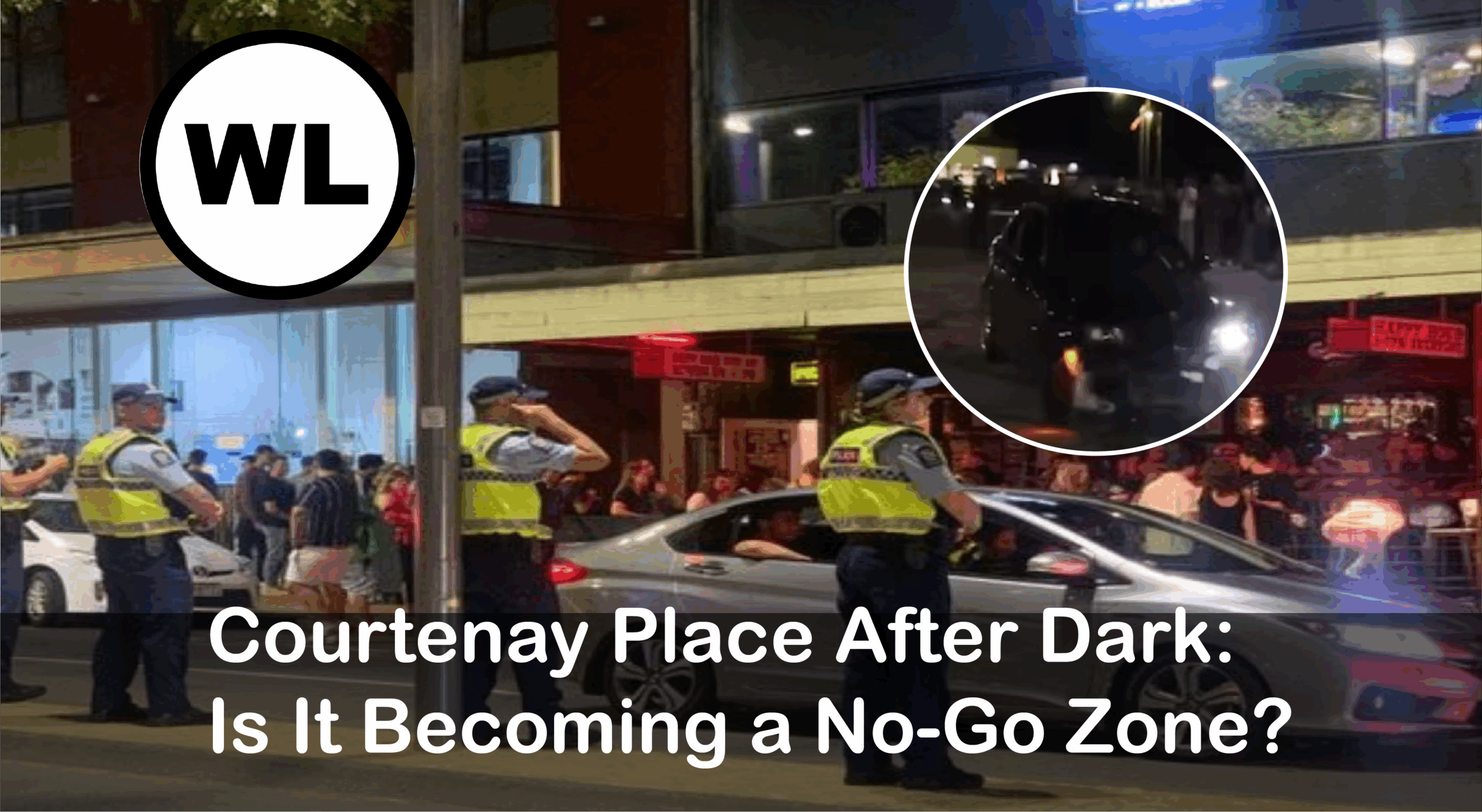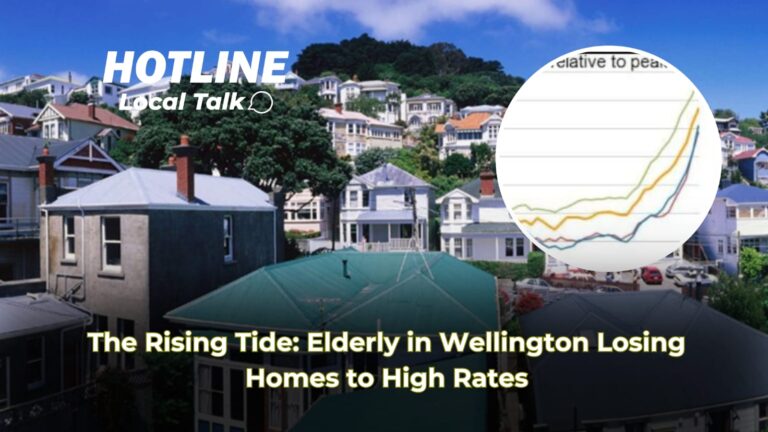In the heart of Wellington—a city celebrated for its rich culture and breathtaking scenery—a quiet crisis is taking shape. Elderly residents, who have spent their lives building and enriching the community, are now at risk of losing their homes due to soaring property high rates. For many seniors living on fixed incomes, these rising costs have become unsustainable. One Network Wellington Live explores this pressing issue in depth, revealing the statistics, sharing personal stories, and examining possible solutions.
The Burden of High Rates
Property rates in Wellington have seen a significant rise over the past decade. According to a recent study by the Wellington City Council, rates have increased by an average of 5.8% annually since 2010. For many elderly homeowners, this increase translates into a financial burden that their pensions or savings cannot sustain. The situation is exacerbated by the fact that many seniors are asset-rich but cash-poor, owning homes that have appreciated in value but living on limited incomes.
Key Statistic: A report from Age Concern New Zealand indicates that 22% of seniors in Wellington have reported difficulty in paying their rates in the last year, a 10% increase from five years ago.
Personal Stories of Loss
Take the story of Margaret Thompson, an 82-year-old widow who has lived in her Wellington home for over 50 years. Margaret’s story is not unique but emblematic of the crisis. “I never thought I’d see the day when I couldn’t afford to live in my own home,” she shares with a voice tinged with sadness. Her rates have doubled in the last decade, and with her pension barely covering her basic needs, the choice was stark – sell her home or face debt. Margaret chose to sell, moving into a smaller, more affordable rental, leaving behind a home filled with memories.
Similarly, John and Eileen Harris, both in their late 70s, faced a similar fate. After John’s retirement from his job as a school teacher, their combined income dropped significantly. The couple found themselves in a position where selling their home was the only viable option to avoid financial ruin. “It’s heartbreaking to leave the place where we raised our children,” Eileen reflects, “but we had no choice.”
The Impact on Community and Health
The loss of homes among the elderly not only affects individuals but has broader implications for community cohesion and health. Research from the University of Otago, Wellington, highlights that displacement due to financial reasons can lead to increased stress, depression, and a decline in physical health among seniors. The emotional toll of leaving a long-term home, often filled with personal history and community ties, cannot be understated.
Research Insight: A study published in the New Zealand Medical Journal found that elderly individuals who moved due to financial pressures were 30% more likely to report poor health outcomes compared to those who remained in their homes.
What Can Be Done?
Addressing this issue requires a multi-faceted approach. Here are some potential solutions being discussed by local authorities and community groups:
- Rate Relief Schemes: Implementing or expanding rate relief programs specifically for seniors, where rates could be deferred or reduced based on income levels.
- Affordable Housing Initiatives: Developing more affordable housing options tailored for the elderly, ensuring they can downsize without leaving their community.
- Community Support: Strengthening community networks to provide support, from financial advice to emotional support, helping seniors navigate this challenging time.
- Policy Advocacy: Pushing for policy changes at both local and national levels to protect vulnerable homeowners from the financial strain of rising rates.
Conclusion
The story of elderly Wellingtonians losing their homes to high rates is a poignant reminder of the vulnerabilities that come with age in our society. It’s a call to action for all of us – from policymakers to community members – to ensure that our seniors can live out their years with dignity and security. One Network Wellington Live will continue to report on this issue, advocating for change and highlighting the human stories behind the statistics.
Join us in this journey to make Wellington a city where no one has to leave their home because they can’t afford to stay. Share this article, engage with local councils, and let’s work together to find sustainable solutions for our elderly community.
TRUTH SEEKER
Instantly run a Quiz with friends... about the article. Interact more & analise the story. Dig in, catch out biased opinions, and "fact check" with TRUTH SEEKER by ONENETWORK WELLINGTONLIVE 👋
Do you agree with the main argument of this article?
Total votes: 7
What percentage of seniors in Wellington have reported difficulty paying their rates in the last year?
Bias Analysis
Fact Check Summary
True. According to a study by the Wellington City Council, rates have indeed increased by an average of 5.8% annually since 2010.
Source: Wellington City Council study
True. The article highlights this key statistic from Age Concern New Zealand.
Source: Age Concern New Zealand report










